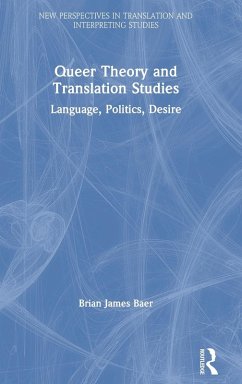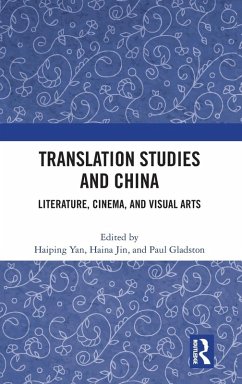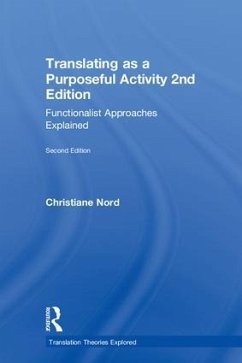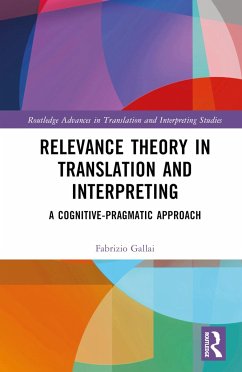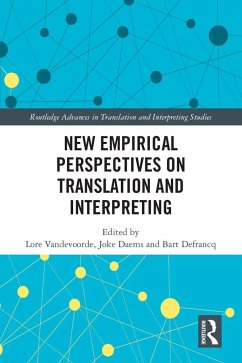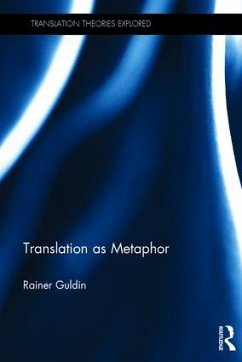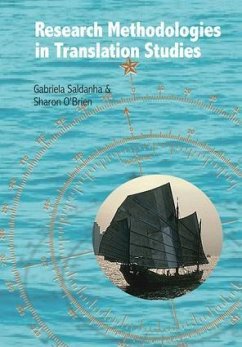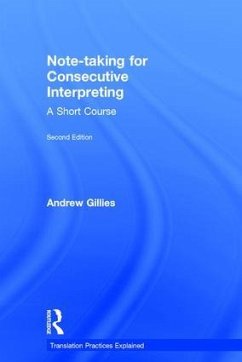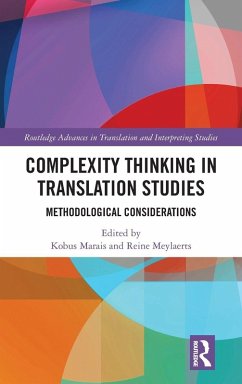
Contesting Epistemologies in Cognitive Translation and Interpreting Studies
Versandkostenfrei!
Versandfertig in 1-2 Wochen
167,99 €
inkl. MwSt.
Weitere Ausgaben:

PAYBACK Punkte
84 °P sammeln!
This dynamic collection synthesizes and critically reflects on epistemological challenges and developments within Cognitive Translation and Interpreting Studies, problematizing a range of issues. These critical essays provide a means of encouraging further development by grounding new theories, stances, and best practices. The volume is a clear marker of a maturing discipline, as decades of empirical study and methodological innovation provide the backdrop for critique and debate. The volume exemplifies tendencies toward convergence and difference, while at the same time pushing against discip...
This dynamic collection synthesizes and critically reflects on epistemological challenges and developments within Cognitive Translation and Interpreting Studies, problematizing a range of issues. These critical essays provide a means of encouraging further development by grounding new theories, stances, and best practices. The volume is a clear marker of a maturing discipline, as decades of empirical study and methodological innovation provide the backdrop for critique and debate. The volume exemplifies tendencies toward convergence and difference, while at the same time pushing against disciplinary boundaries and structures. Constructs such as expertise and process are explored, and different theories of cognition are brought to the table. A number of chapters consider what it might mean for translation to be a form of situated, or 4EA cognition, while others query interdisciplinary relationships of foundational importance to the field. Issues of methodology are also addressed in terms of their underlying philosophical assumptions and implications. This book will be of interest to scholars working at the intersection of translation and cognition, in such fields as translation studies, cognitive science, psycholinguistics, semiotics, and philosophy of science.




